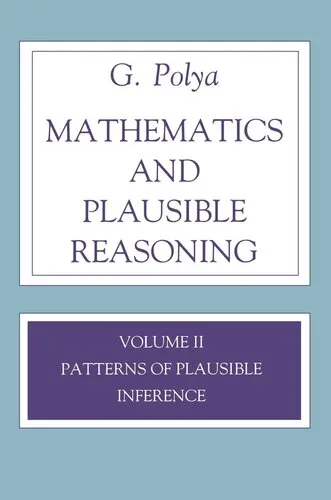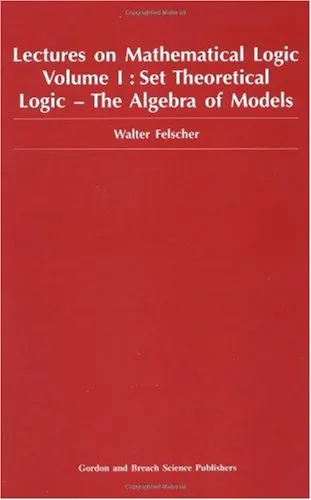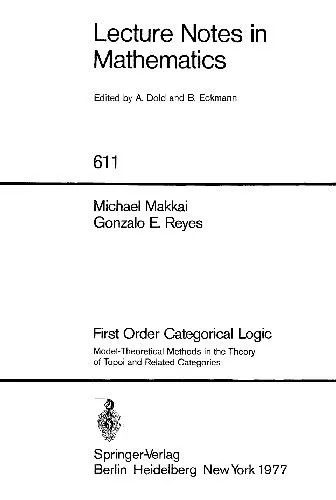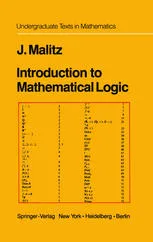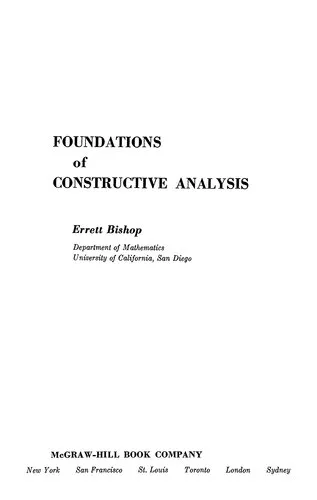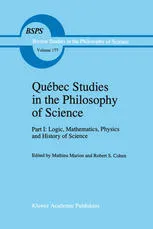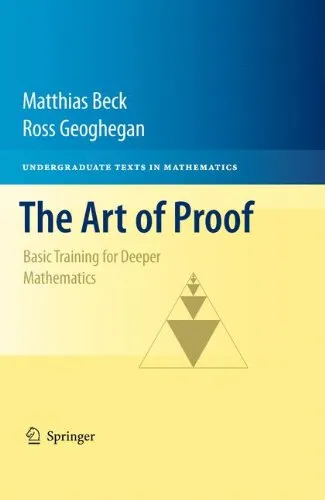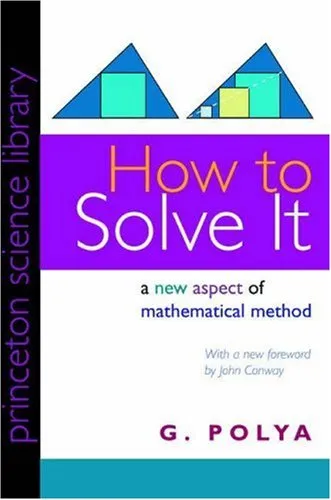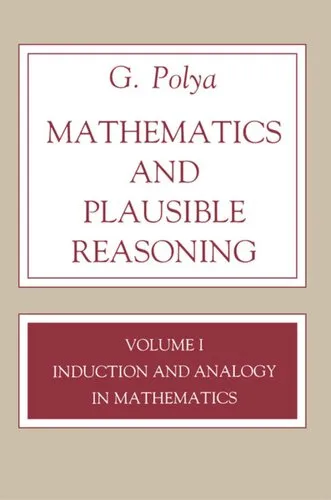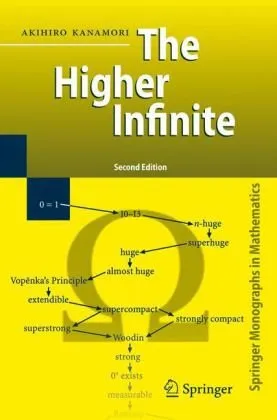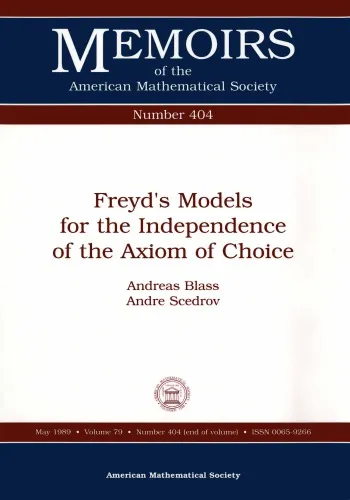Mathematics and Plausible Reasoning, Volume 2: Logic, Symbolic and mathematical
4.7
Reviews from our users

You Can Ask your questions from this book's AI after Login
Each download or ask from book AI costs 2 points. To earn more free points, please visit the Points Guide Page and complete some valuable actions.Related Refrences:
Introduction to 'Mathematics and Plausible Reasoning, Volume 2: Logic, Symbolic and Mathematical'
In the realm of mathematics and logical thinking, understanding how reasoning works—both deductive and plausible—is a cornerstone of intellectual thought and analysis. 'Mathematics and Plausible Reasoning, Volume 2: Logic, Symbolic and Mathematical,' continues this exploration with a focus on symbolic reasoning and the mathematical structures underlying logical processes. Written by the influential mathematician George Pólya, this book delves deep into the nature of reasoning, blending rigorous logical concepts with the creativity required in plausible inference.
This second volume serves as a seminal exploration of how logic is applied in mathematical thinking. It bridges the gap between mathematical abstraction and practical reasoning, making it an indispensable work for anyone interested in understanding how mathematics shapes the way we think and argue.
Whether you're a student, teacher, or a curious reader, this book offers invaluable insights into the mechanics of logic, the art of making inferences, and the subtle elegance of mathematical thought. Unlike traditional approaches to mathematical logic, Pólya's focus lies in the plausible reasoning that drives most scientific and mathematical discoveries, offering a perspective that is both philosophical and pragmatic.
Detailed Summary of the Book
In this volume, George Pólya emphasizes the role of symbolic logic and mathematics in reasoning processes. The book begins by distinguishing plausible reasoning from strict deductive reasoning, focusing on the tacit moves mathematicians and scientists make when seeking new results or insights. Through engaging discussions and illustrative examples, Pólya demonstrates how symbolic tools aid in organizing and clarifying thoughts, ensuring they remain consistent and structured.
Topics covered include the nature of logical statements, the role of symbolism in mathematics, and the steps necessary to convert intuition or plausible guesses into verifiable conclusions. Pólya also introduces concepts of analogy and induction, highlighting their significance in forming hypotheses and discovering mathematical truths. The book is rich with examples, showcasing how logic underpins the methods mathematicians use to solve problems, construct proofs, and extend theories.
By presenting mathematical principles in the context of problem-solving, this volume equips readers with both theoretical knowledge and practical strategies to approach reasoning with precision and creativity. A recurring theme is the interplay between symbolic logic and the intuition that propels problem-solving—a duality that makes this book equally relevant to students and seasoned mathematicians.
Key Takeaways
- Plausible reasoning is distinct from deductive reasoning and is essential for discovery and problem-solving.
- Symbolism in mathematics is a powerful tool for organizing and clarifying thought processes.
- Analogical and inductive reasoning play a key role in forming hypotheses and developing mathematical insight.
- Mathematics is as much about exploration and creativity as it is about precision and rigor.
- Logic underpins the methodologies mathematicians use to verify conclusions and establish consistency in problem-solving.
Famous Quotes from the Book
"Mathematics is not a deductive science—it is a combination of intuition, conjecture, and rigorous proof."
"One must learn by doing the thing; for though you think you know it, you have no certainty until you try."
"Reasoning should be an adventure; it should challenge the mind to think boldly and explore new paths."
Why This Book Matters
The relevance of 'Mathematics and Plausible Reasoning, Volume 2' cannot be overstated. It illuminates a crucial aspect of mathematical practice: the reasoning processes that often precede formal proof yet are central to discovery and understanding. George Pólya’s work stands apart for its ability to combine rigor with accessibility, crafting a narrative that speaks to mathematicians at all levels of expertise.
In a world increasingly shaped by data, algorithms, and logical problem-solving, the insights provided in this book are as timely as ever. It is not merely a guide to symbolic logic but an invitation to think deeply about how we reason, make decisions, and solve problems. By blending mathematical philosophy with practical examples, this book inspires readers to appreciate the beauty of reasoning while equipping them with tools to improve their analytical abilities.
Ultimately, Pólya’s work reminds us that mathematics is not just about numbers and formulas—it is a way of thinking that has profound implications for science, technology, and the human search for understanding itself.
Free Direct Download
You Can Download this book after Login
Accessing books through legal platforms and public libraries not only supports the rights of authors and publishers but also contributes to the sustainability of reading culture. Before downloading, please take a moment to consider these options.
Find this book on other platforms:
WorldCat helps you find books in libraries worldwide.
See ratings, reviews, and discussions on Goodreads.
Find and buy rare or used books on AbeBooks.
